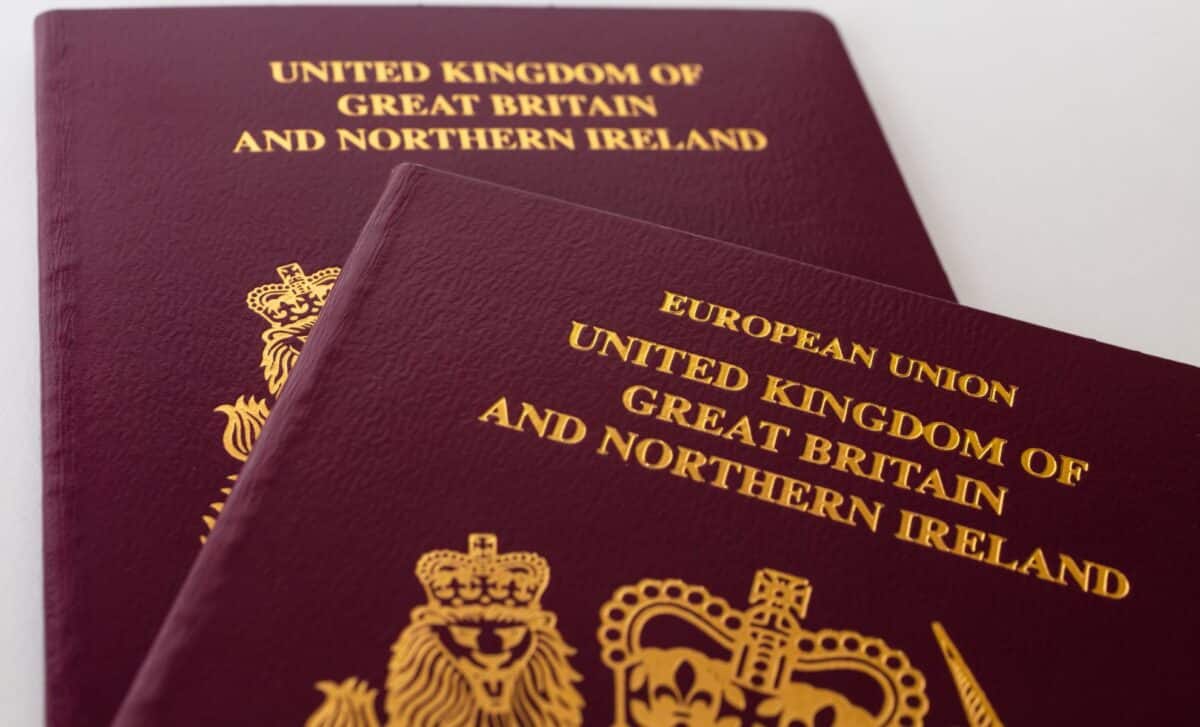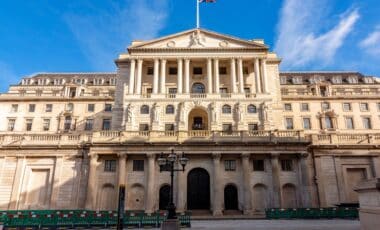Efforts to curb legal migration and prevent asylum abuse may soon target nationals from Pakistan, Nigeria, and Sri Lanka. The measures, expected in a forthcoming Immigration White Paper, reflect Labour’s attempt to manage border control amid political and public pressure.
A major revision of the UK’s immigration framework is underway as the Government prepares to limit visa applications from certain countries. The move, reported by The Times and confirmed by the Home Office, will focus on individuals considered more likely to overstay or file asylum claims after entering legally via study or work visas.
These planned restrictions form part of a broader push to reduce net migration levels, a policy objective under both the current Labour administration and its Conservative predecessors.
With net migration peaking at 906,000 in the year to June 2023 before dropping to 728,000 by June 2024, ministers are under pressure to demonstrate further reductions.
Asylum Claims From Visa Holders Prompt New Scrutiny
According to the Home Office, the UK is building intelligence profiles to better anticipate which visa applicants are more likely to submit asylum claims once inside the country. This policy stems from concerns that certain nationalities use legal visa routes as a gateway to permanent settlement via the asylum process.
Figures show that 99,790 asylum applications were made in the year ending September 2024, with Pakistani nationals accounting for 9,560—almost double the previous year’s total and the highest of any nationality. A significant portion of these claims reportedly originate from individuals who initially entered on study or work permits.
Speaking to BBC Radio 4, Professor Jonathan Portes of the think tank UK in a Changing Europe suggested that the actual effect of these restrictions on total asylum numbers might be “quite small.” Still, he acknowledged the Government’s strategy aims more at preventing perceived abuse than reshaping the broader migration landscape.
White Paper to Outline Systemic Changes and Enforcement
The upcoming Immigration White Paper, expected later in May, will outline how the Government plans to manage both legal and illegal migration.
According to a Home Office spokesperson, the paper will present “a comprehensive plan to restore order to our broken immigration system.” Measures are likely to include tightened visa conditions, enhanced monitoring, and efforts to deter overstaying.
Recent changes introduced by the previous Conservative government have already begun to take effect.
In early 2024, new rules raised the salary threshold for skilled workers to £38,700 and restricted care workers and students from bringing dependants. The number of visa applications across work, study, and family categories has since dropped by 37%, according to Home Office data.
Labour leader Sir Keir Starmer has pledged to go “further and faster” in implementing reforms. In the wake of rising electoral support for the anti-immigration Reform UK party, Labour has prioritised tighter border control as a central issue, signalling that visa reforms will remain a key political lever.









